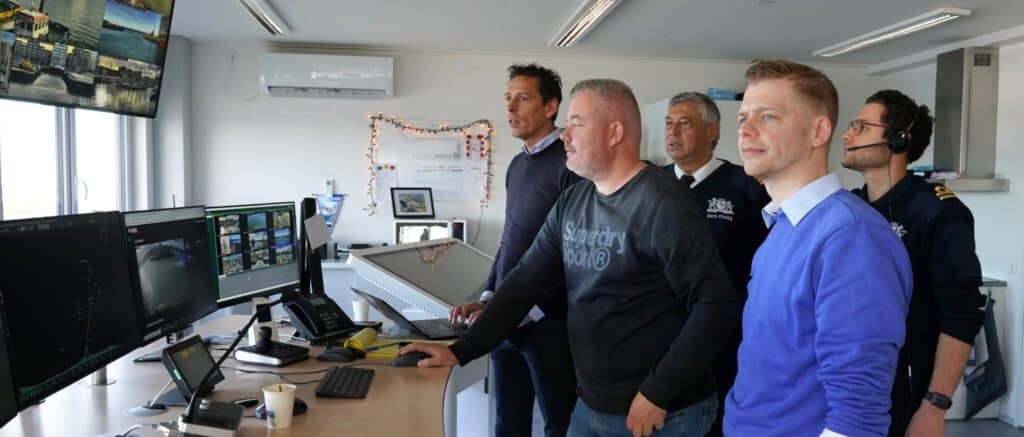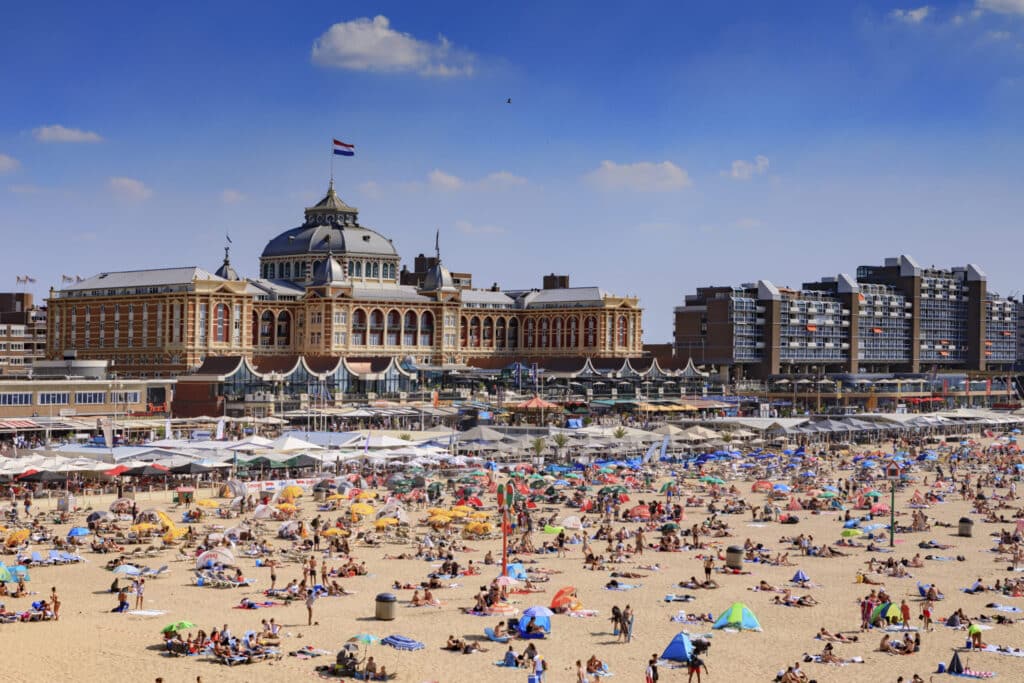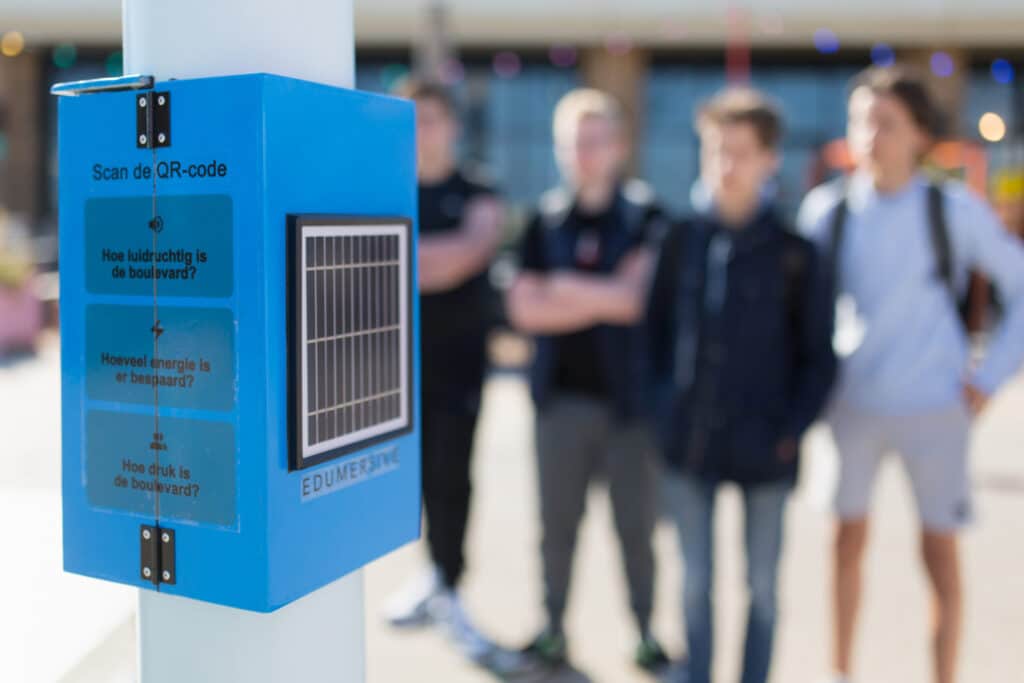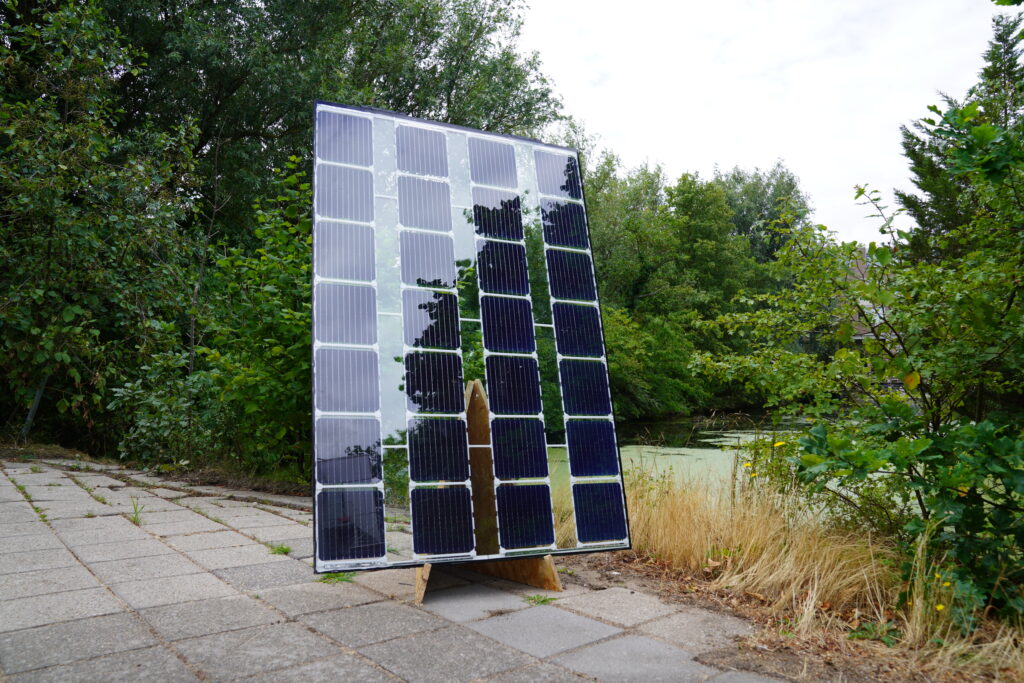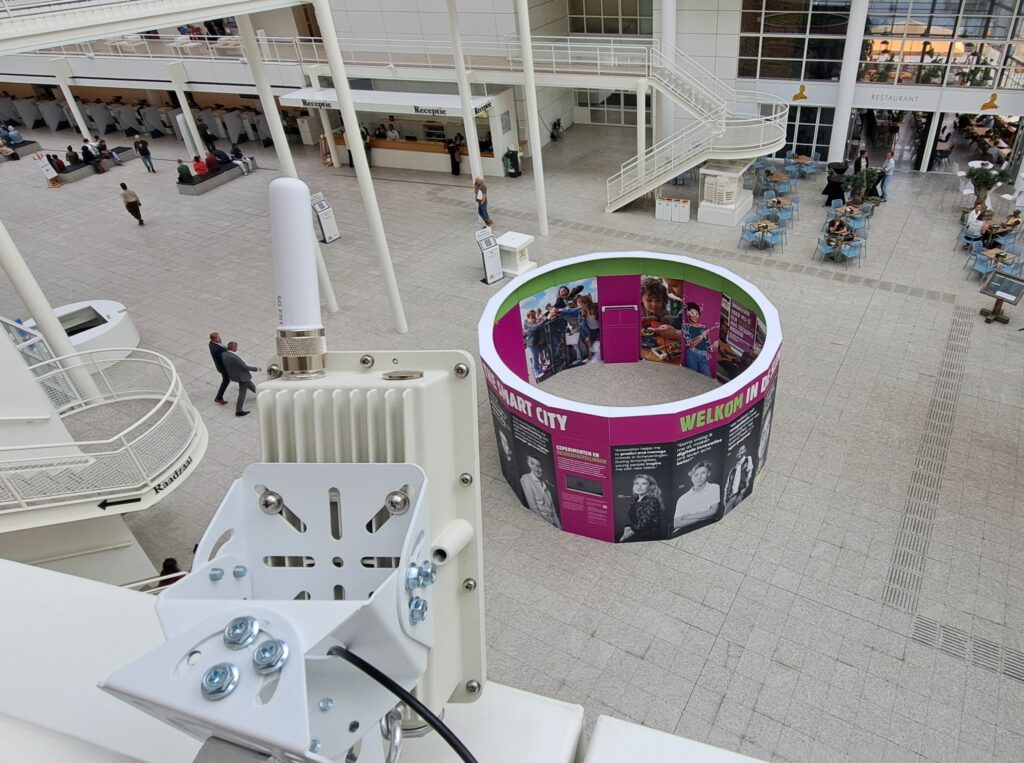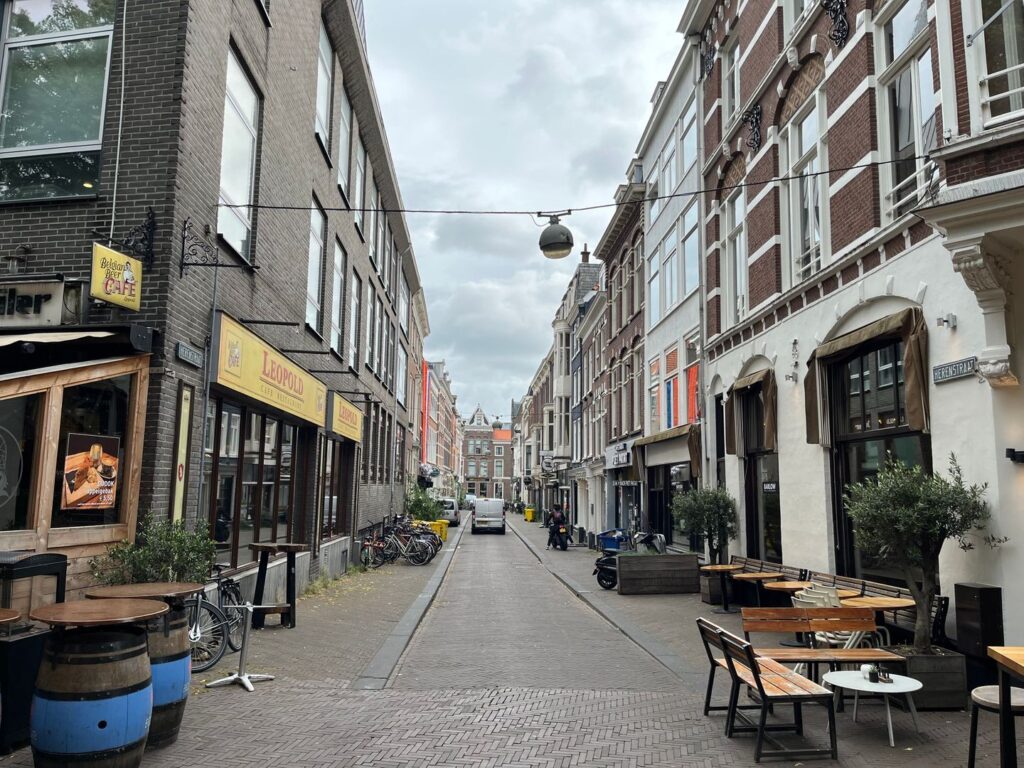A use case is a temporary and clearly defined pilot in which a municipality, often in collaboration with partners, tests a digital or innovative solution in public space. The purpose is to assess whether and how such solutions contribute to public goals, such as safety, livability, sustainability, and inclusivity.
In The Hague, various use cases are being carried out, including within Living Lab Scheveningen. The implementation of these use cases is coordinated by the Expertise Centre for Digital Innovation & Smart City of the Municipality of The Hague. Through joint learning and experimentation, the municipality works towards responsible innovation and a smart, sustainable future for The Hague and the South Holland region.
